
‘Islamic Finance Appears to Be More Stable Than Conventional Banks’
HSE University’s Online Campus presents a new course—‘Islamic Finance: Theory and Practice in the 21st Century’. Elmira Imamkulieva, creator of the course and Senior Lecturer at the School of International Regional Studies of the Faculty of World Economy and International Affairs, explains how Islamic financing is more reliable than venture capital and why the green bonds common in the Arab world are the investment of the future.
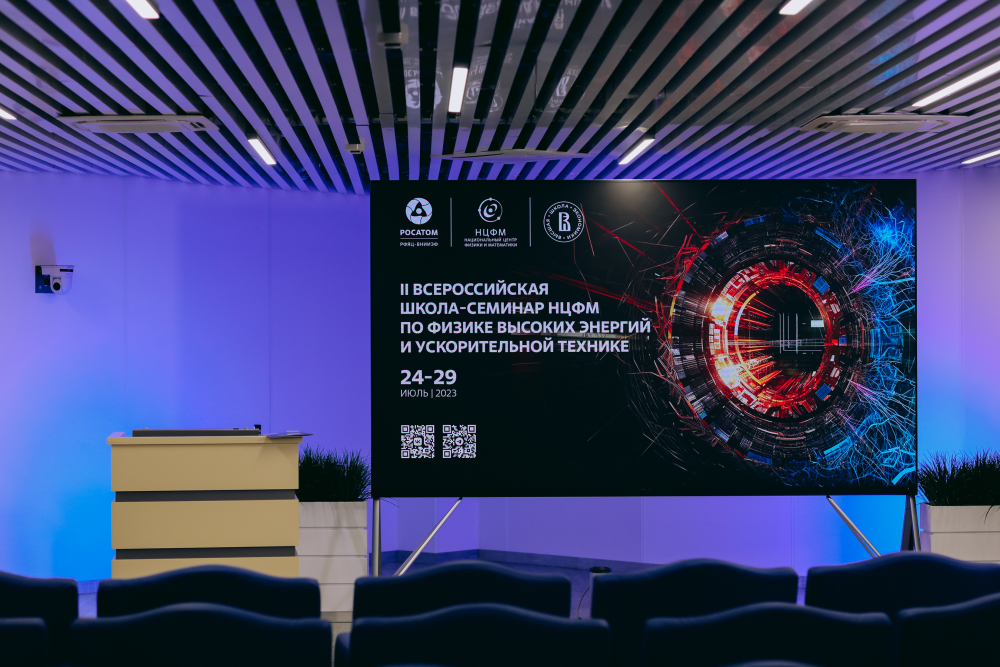
At Sarov Technopark, Researchers from HSE Faculty of Computer Science Discussed AI for Data Analysis in Physics
The Laboratory of Methods for Data Analysis of the HSE Faculty of Computer Science, in collaboration with the All-Russian Research Institute of Experimental Physics (RFNC-VNIIEF, Sarov) and the National Centre for Physics and Mathematics, recently held the Second All-Russian School-Seminar on High Energy Physics and Accelerator Technology.
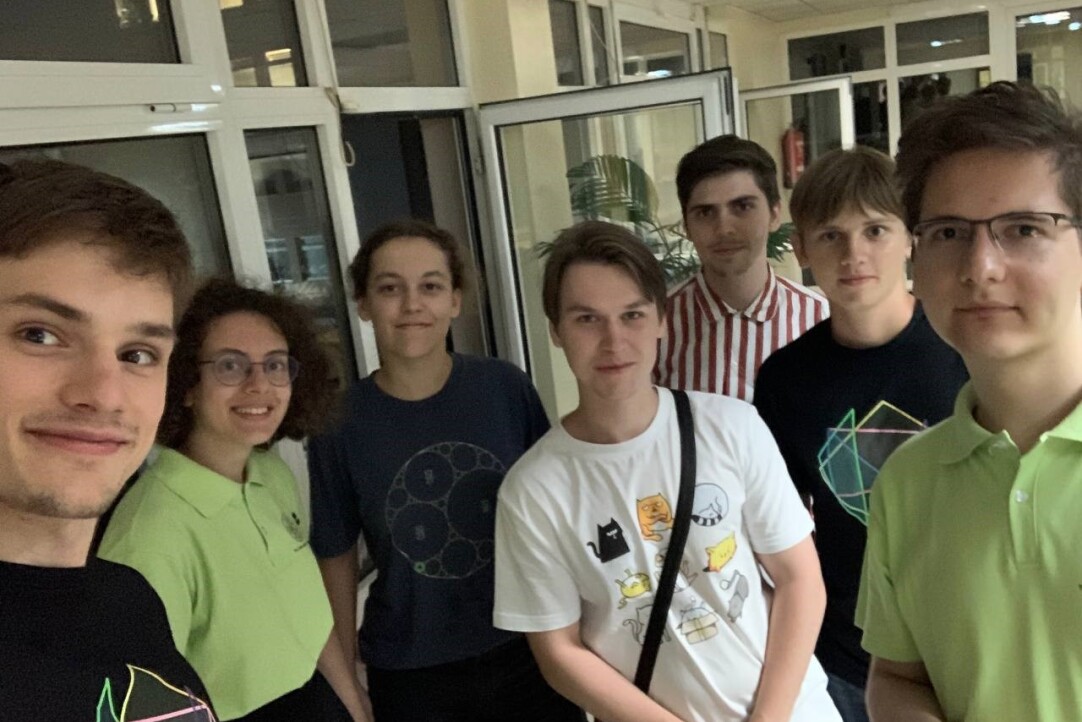
FCS Students Win at International Mathematics Competition
Three bachelor’s students from the HSE Faculty of Computer Science programme in ‘Applied Mathematics and Information Science’ recently participated in the International Mathematics Competition for University Students (IMC), winning two first prizes and a second prize.
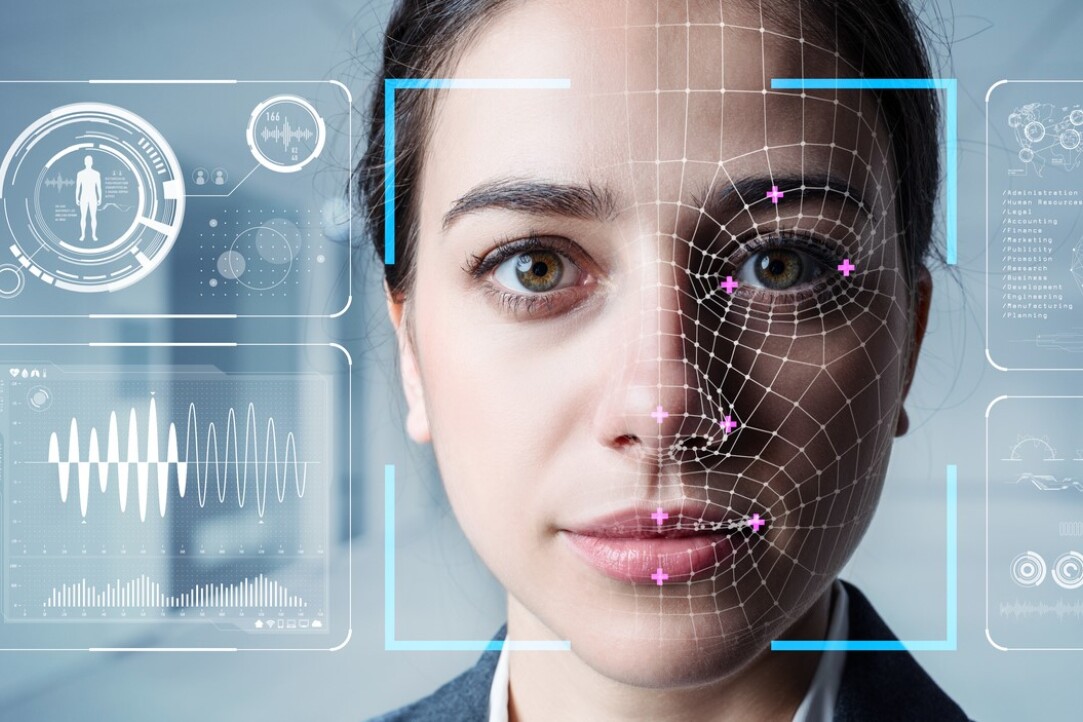
Evolution of Face ID Industry: Insights from Online Programme Master of Computer Vision
The online Master’s programme ‘Master of Computer Vision’ recently held a webinar ‘Face recognition. How does it work and how does it break?‘ as part of its admission campaign, with the participation of the programme’s business partner, Huawei. Participants learned about the basic principles of Face ID algorithms and the features of face recognition technologies relative to other deep learning models, as well as some of the tricks that can mislead artificial intelligence systems.
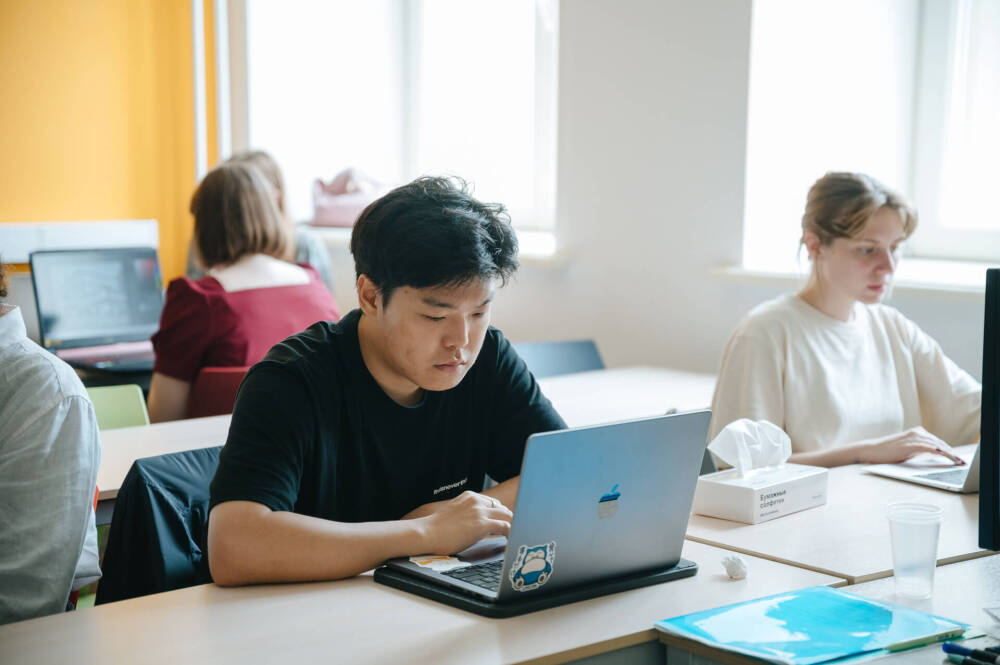
Summer University 2023: ‘A Good Introduction to Urban Studies’
At the start of August, HSE University held the tenth annual Summer University. This year’s programme took the form of a workshop on urban studies. The participants attended four courses from HSE University faculty and invited experts and worked on their own projects to develop a cultural heritage site. Jung Woo Lee, from South Korea, shares his impressions of the Summer University.

Faculty of Computer Science and AI Centre Welcome Applications to Binary Super Resolution Challenge
From July 18 to October 15, 2023, the HSE University Faculty of Computer Science and AI Centre invite those interested to take part in the online Binary Super Resolution Challenge (BSRC-2023). The top 50 teams will receive prizes, and the top three will receive cash prizes.
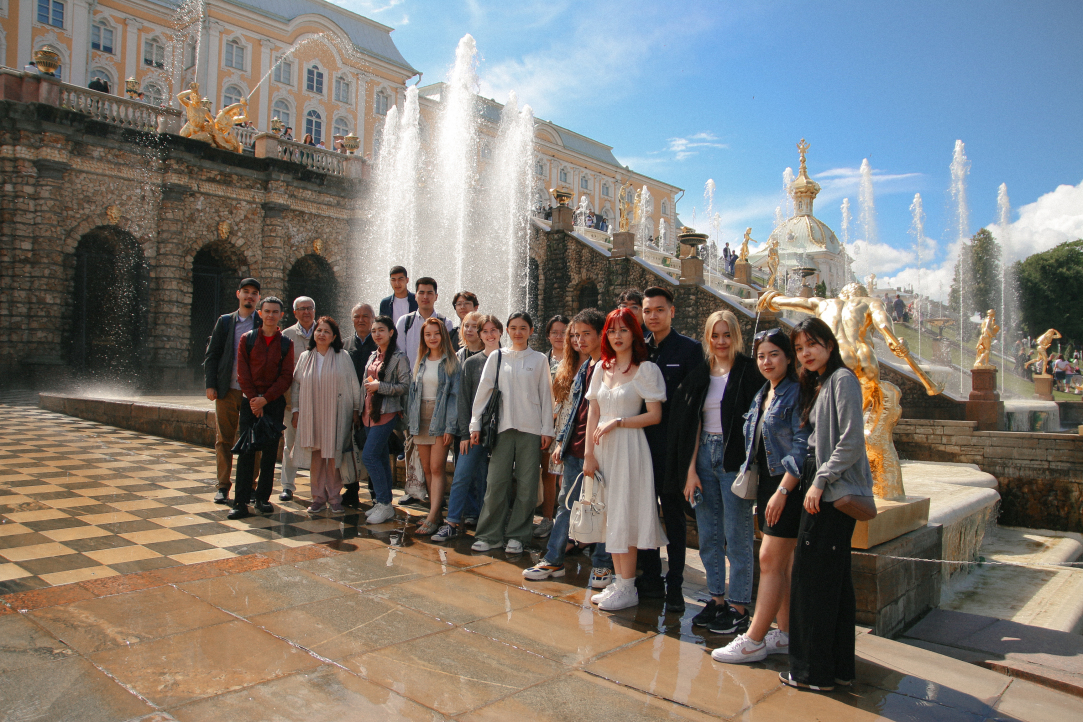
School Ten Thousand Kilometres Away from Home: Students from Thailand at HSE University
HSE University continues to develop its international relations with the best Asian universities. At the request of Thammasat University (Thailand), a special short-term educational programme in ‘Russian Language and Culture’ has been created at the HSE St Petersburg International Office.
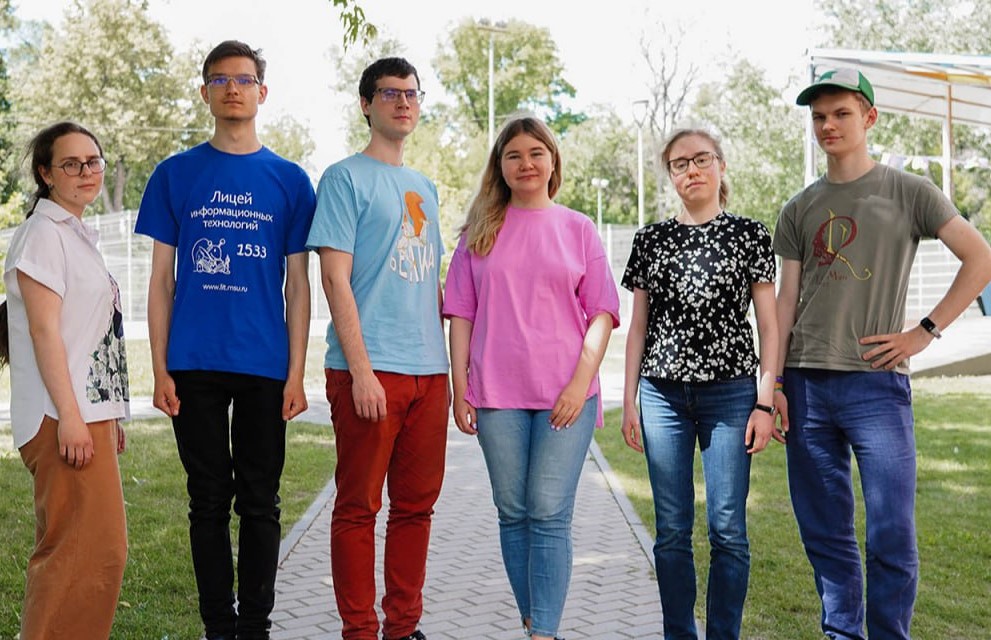
‘The Fundamental and Computational Linguistics Programme Is an Ideal Balance of My Interests’
Artem Boyko, from St Petersburg, won a gold medal at the 20th International Linguistics Olympiad in Bulgaria and has now enrolled at HSE University. He was admitted without entrance examinations to the Bachelor’s programme Fundamental and Computational Linguistics. Artem spoke with the HSE News Service about his participation in the olympiads, his passion for linguistics, and joining the university.

Students from HSE University in Nizhny Novgorod Create Web Service for Recognising Emotions
A team of students from HSE University in Nizhny Novgorod and Minin University have created a mobile application and a web service for recognising emotions in photographs. This solution can be useful in marketing, education, personnel management—any areas where the quality of interpersonal communication matters.
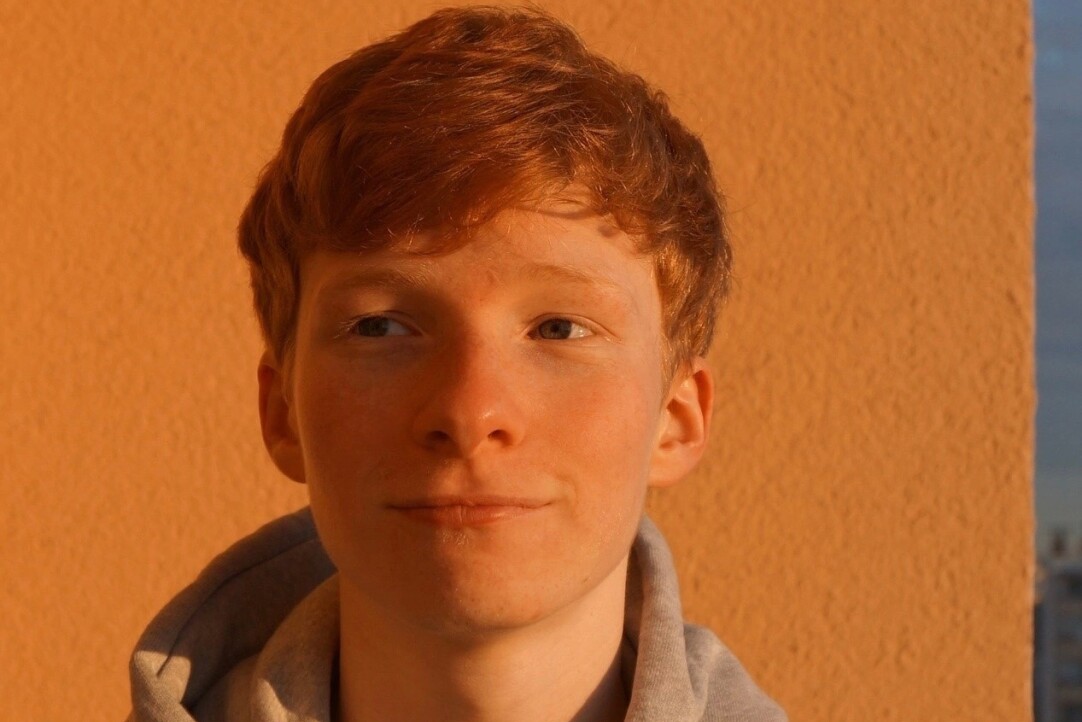
From a Minor in Data Science to Developing a ‘Robot Political Scientist’
Pavel Ivanov is a 2023 graduate of the Bachelor's programme 'Political Science and World Politics'. Recently, he was named a winner of the political science research paper competition named after Max Weber and also participated in creating 'the first robot political scientist'. In his interview, Pavel shares his thoughts on his studies on the programme, his interest in data analytics, and the role of artificial intelligence in political expertise.

